Facts About Lyndon Johnson That Most People Don’t Know
Lyndon B. Johnson, the 36th President of the United States, is often remembered for his larger-than-life personality and significant political achievements. However, beyond the political sphere, there are numerous intriguing aspects of his life that are not as widely known. From his quirky hobbies to his strategic mind in the Senate, LBJ was a figure full of surprises. Join us as we explore the hidden facets of a man who left a lasting impact on American history.
Early Life in the Texas Hill Country
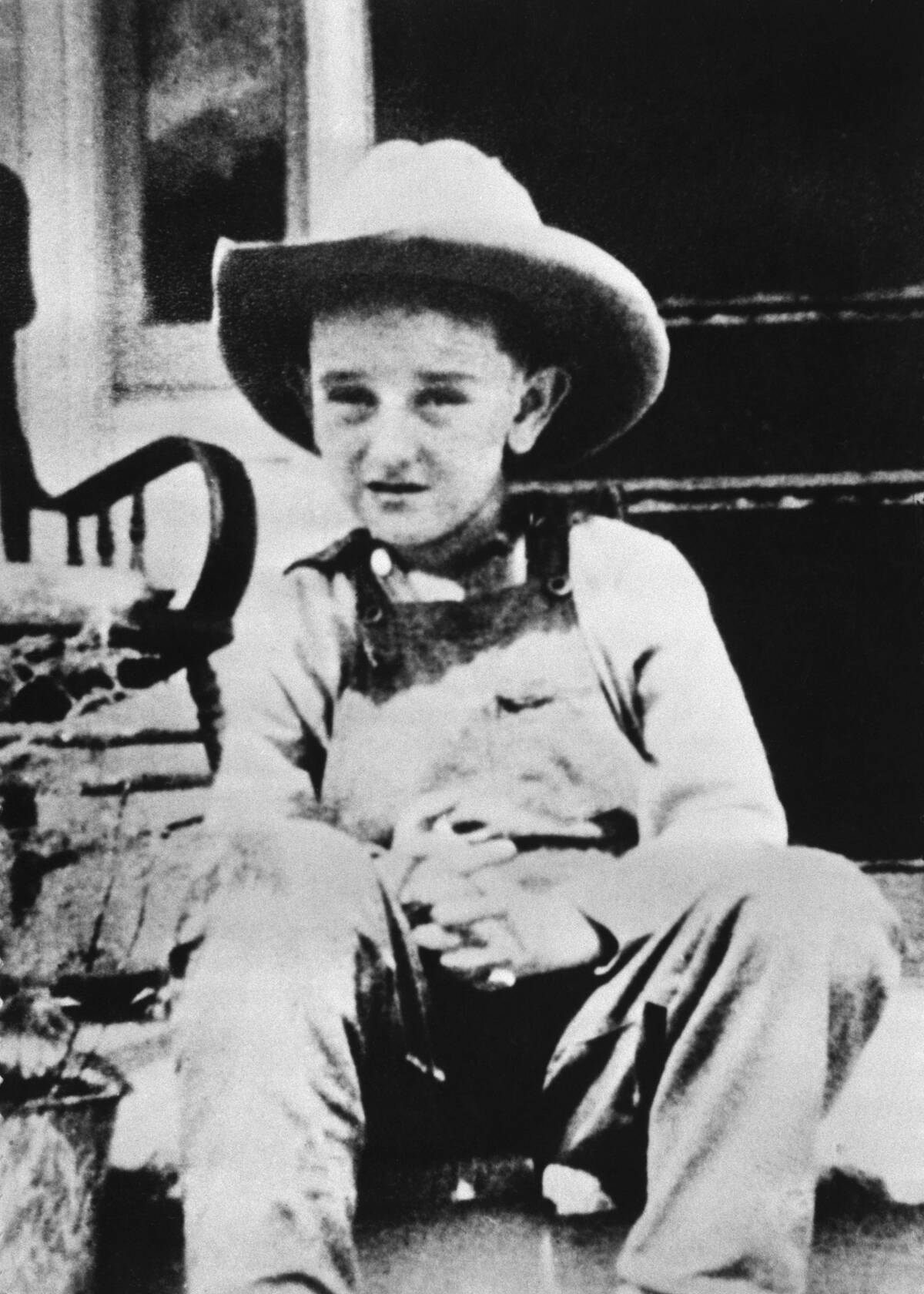
Born on August 27, 1908, in a small farmhouse near Stonewall, Texas, Lyndon B. Johnson grew up in the rugged Texas Hill Country. His childhood was shaped by the rural lifestyle, which instilled in him a strong work ethic and a deep understanding of the struggles faced by ordinary Americans. This early experience in Texas played a crucial role in shaping his political beliefs and his commitment to improving the lives of his fellow citizens.
His Stint as a Schoolteacher
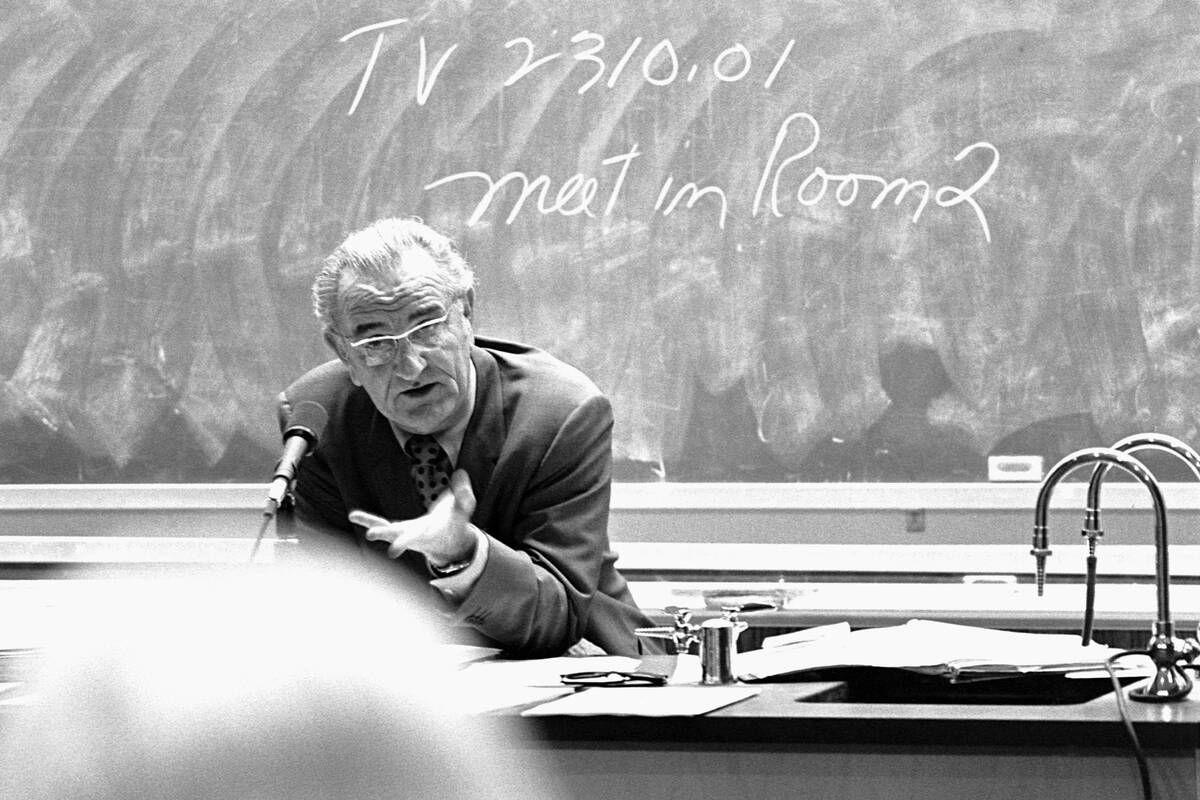
Before entering politics, Johnson spent time as a schoolteacher in Cotulla, Texas, teaching Mexican-American children. This experience left a profound impact on him, as he witnessed firsthand the challenges of poverty and education inequality. It was here that Johnson’s passion for education reform was ignited, a passion that would later influence his policies as president. His time as a teacher showed him the transformative power of education, which he carried with him throughout his career.
The Youngest Senate Majority Leader in History
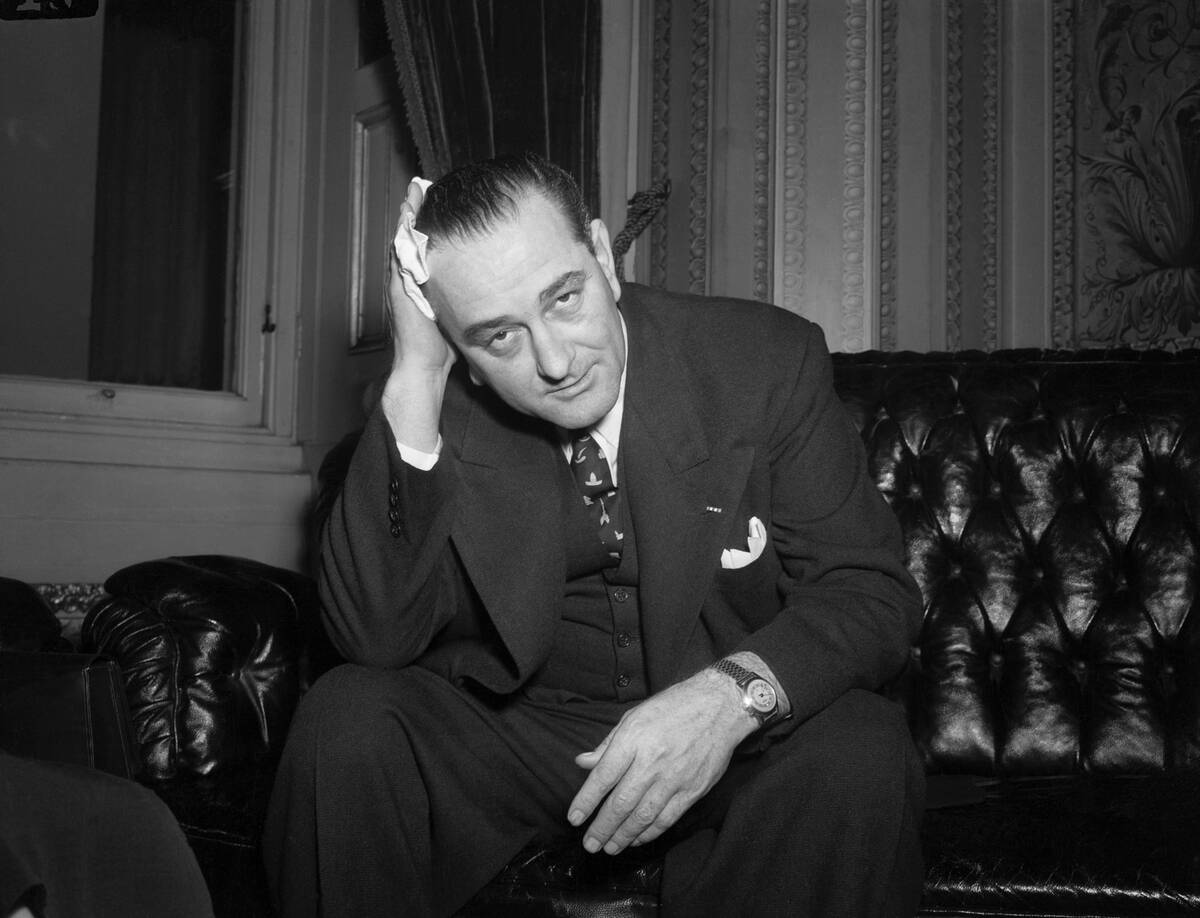
In 1955, at the age of 46, Lyndon B. Johnson became the youngest Senate Majority Leader in U.S. history. His tenure was marked by his ability to bridge divides and build coalitions across party lines, earning him a reputation as a master legislator. Johnson’s leadership style was characterized by his hands-on approach and his knack for understanding the political landscape, skills that would later serve him well in his presidency.
Johnson’s Unusual Campaign Tactics
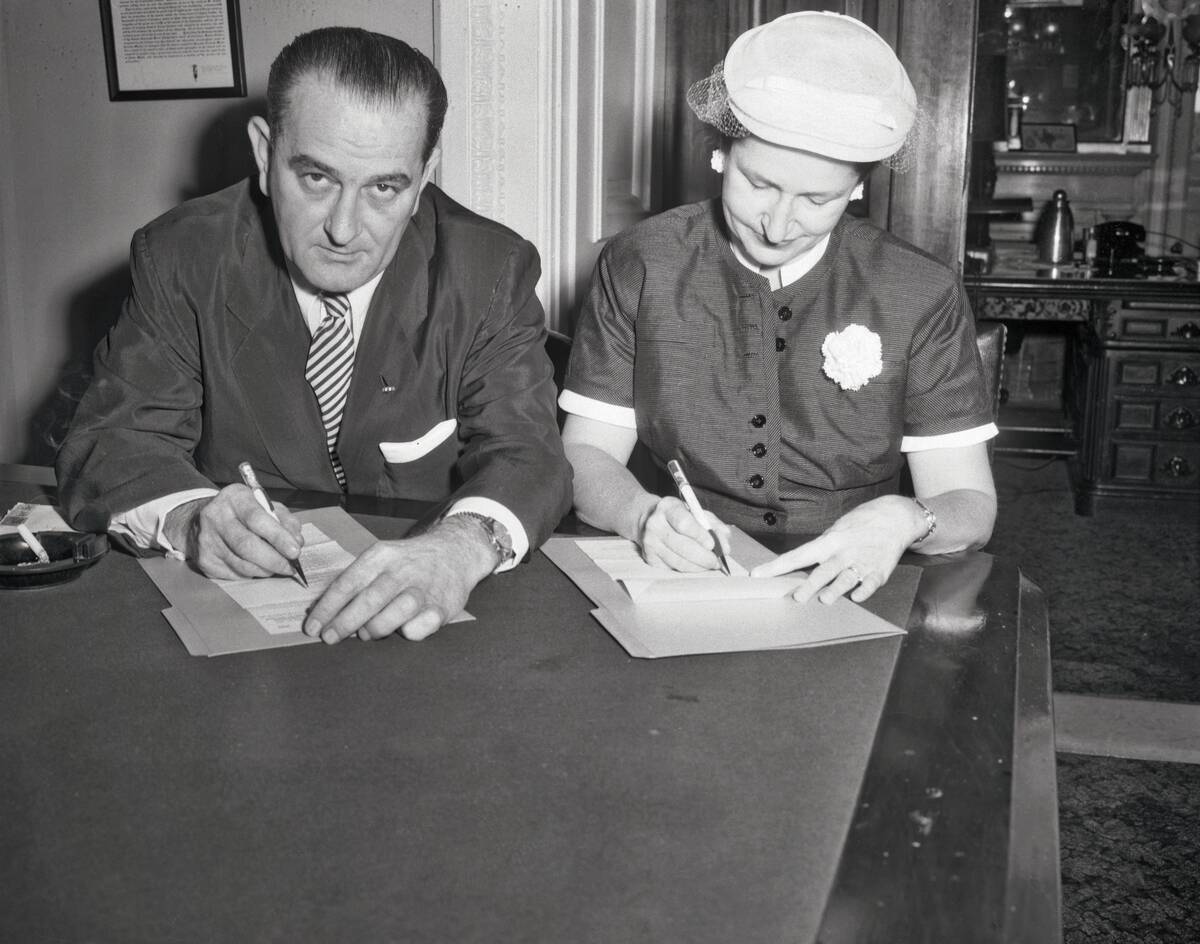
Johnson was known for his unorthodox campaign strategies, one of which involved using a helicopter—a novel idea at the time—to reach remote Texas communities during his 1948 Senate campaign. This allowed him to cover more ground and connect with voters in ways his opponents could not. His willingness to embrace unconventional methods showcased his innovative spirit and determination to win, traits that defined his political career.
A Master of Flattery and Persuasion
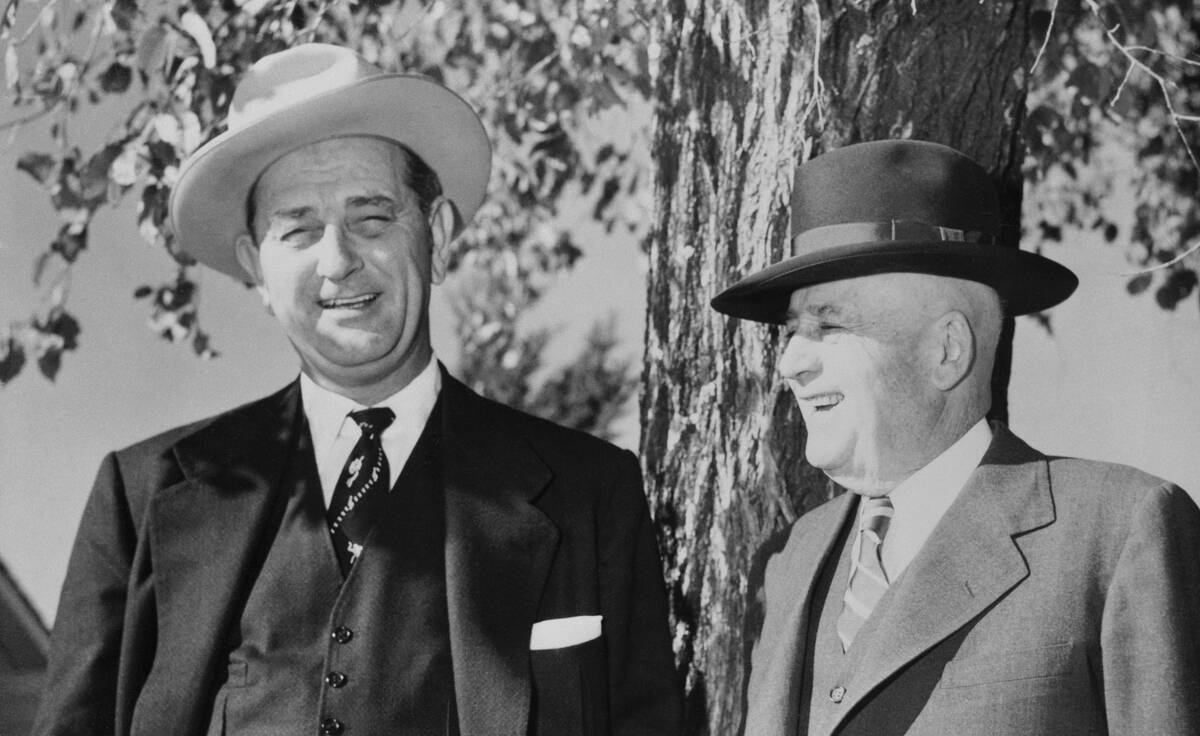
LBJ was famous for his persuasive skills, often employing flattery to win over allies and opponents alike. His ability to charm, cajole, and sometimes intimidate was legendary, earning him the nickname “Landslide Lyndon” after his narrow 1948 Senate race victory. Johnson’s charisma and political acumen allowed him to achieve legislative victories that many thought impossible, solidifying his legacy as a formidable force in American politics.
The Architect of the “Great Society”
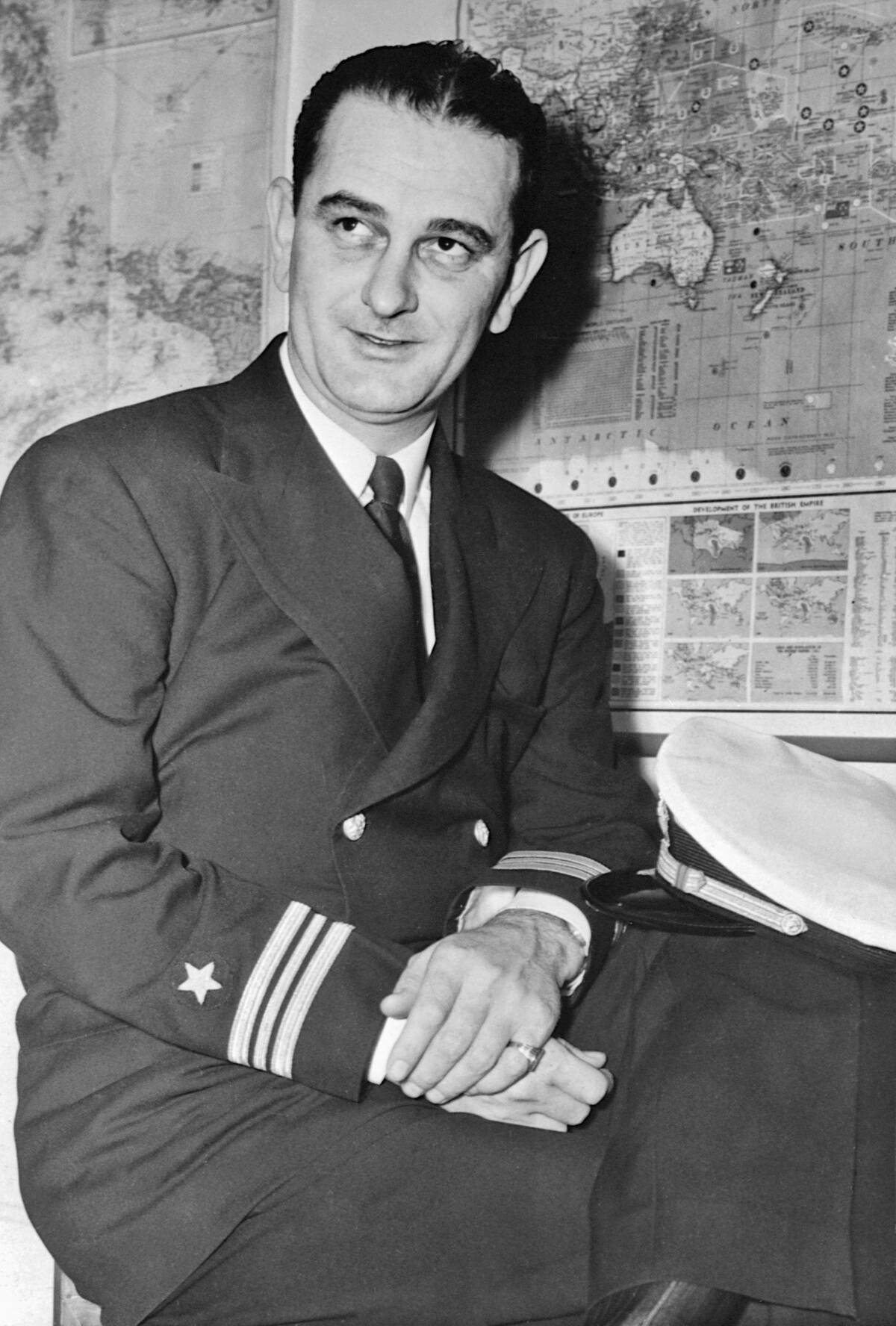
One of Johnson’s most significant contributions was his “Great Society” program, which aimed to eliminate poverty and racial injustice in the United States. This ambitious set of domestic policies led to the creation of Medicare and Medicaid, as well as the Civil Rights Act and the Voting Rights Act. Johnson’s vision for a more equitable society reflected his deep commitment to improving the lives of all Americans, leaving a legacy that continues to impact the nation today.
Johnson’s Love for Amphibious Cars
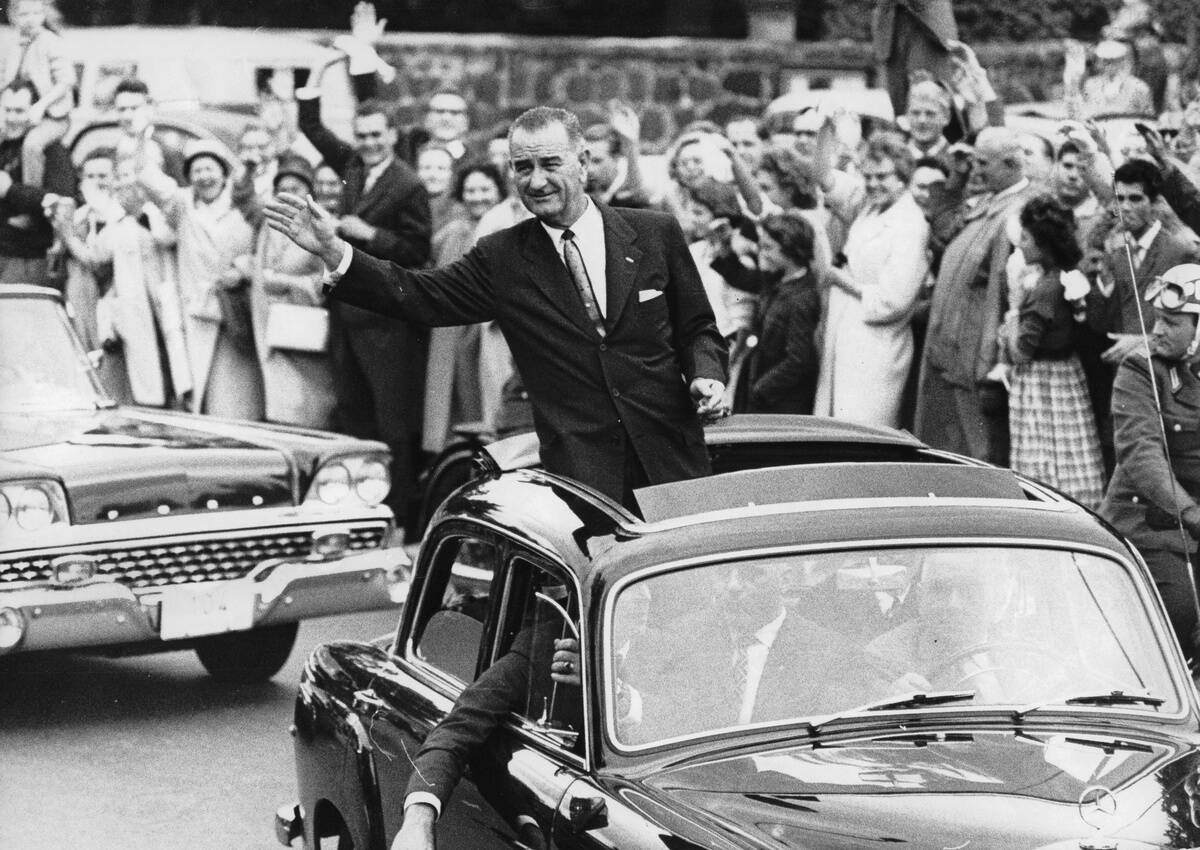
Among LBJ’s many eccentricities was his fondness for amphibious cars, particularly the Amphicar. He famously enjoyed driving unsuspecting guests into his ranch’s lake, pretending the brakes had failed, only for the car to float safely on the water. This playful prank highlighted Johnson’s unique sense of humor and his ability to surprise even those closest to him, adding a human touch to his larger-than-life persona.
The “Johnson Treatment” in Full Effect
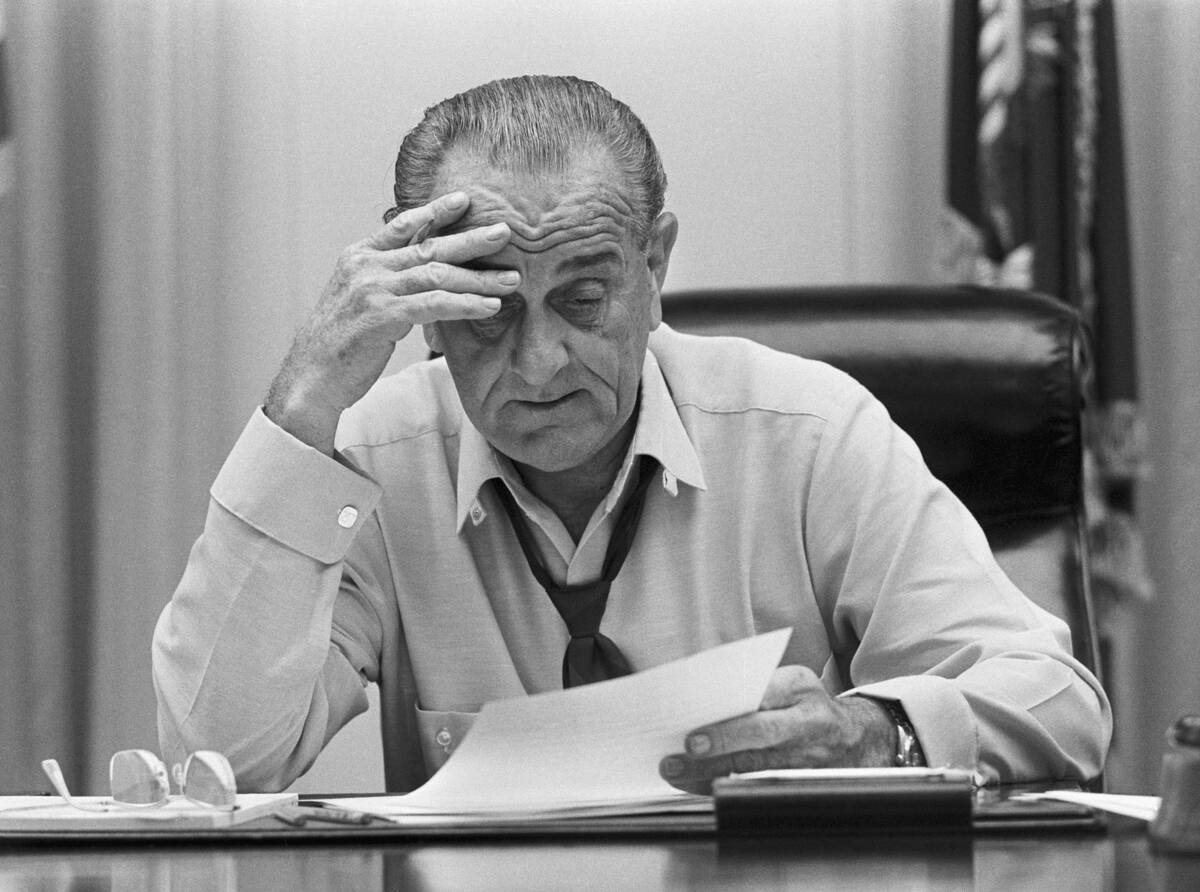
The “Johnson Treatment” was a term coined to describe LBJ’s unique and often overwhelming style of persuasion. Using his imposing physical presence and intense eye contact, Johnson would lean into personal space to make his point. This tactic, though sometimes intimidating, was remarkably effective in swaying opinions and securing votes. The “Johnson Treatment” became synonymous with his ability to get things done, showcasing his relentless drive and determination.
A Surprise Visit to Vietnam
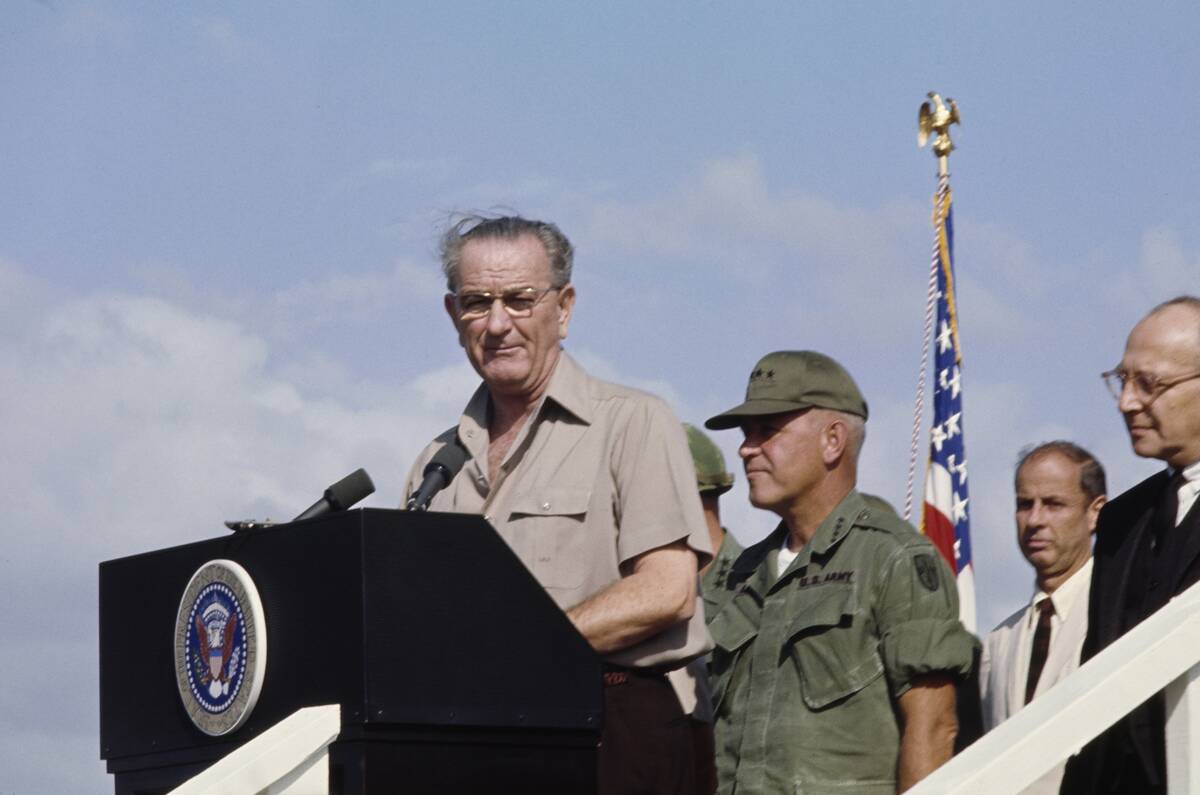
In 1966, Johnson made a surprise visit to Vietnam during the height of the Vietnam War, marking the first time a sitting U.S. president visited the country. This visit was intended to boost morale among American troops and signal his commitment to the war effort. Despite the controversy surrounding the conflict, Johnson’s visit underscored his dedication to supporting those on the front lines, even as domestic opposition to the war grew.
His Unwavering Support for NASA
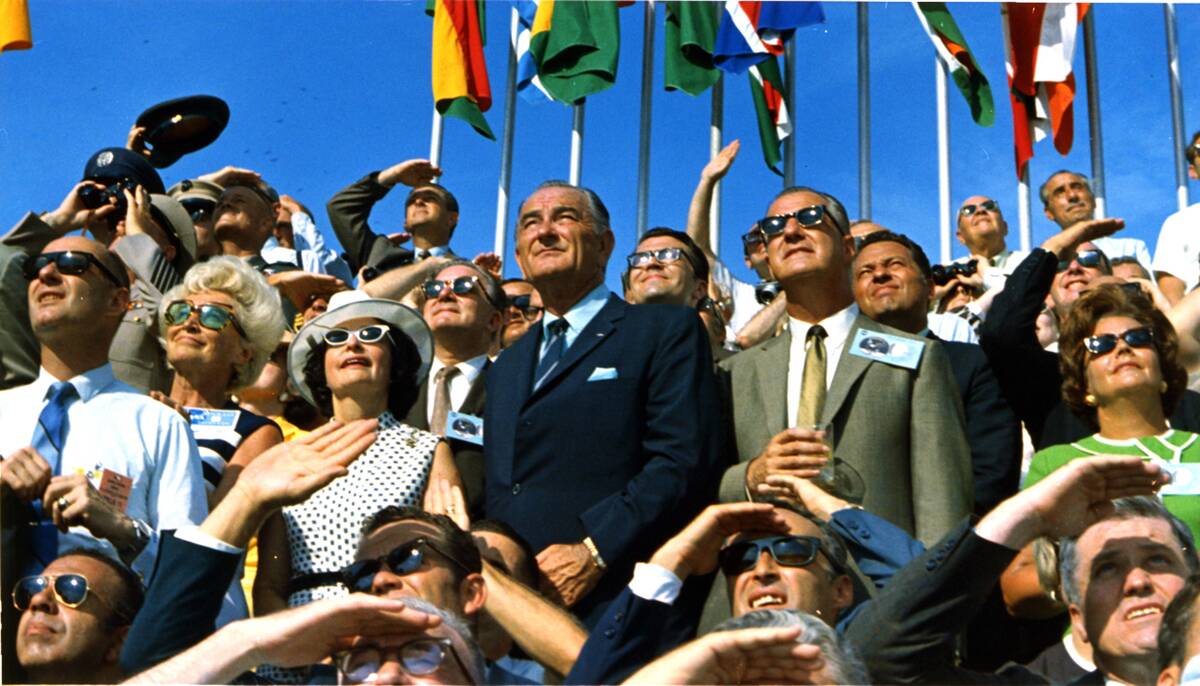
Johnson was a staunch supporter of the space program, recognizing its potential for scientific advancement and national prestige. Under his leadership, NASA achieved significant milestones, including the Apollo missions that eventually landed a man on the moon. Johnson’s vision for space exploration was driven by his belief in American ingenuity and the importance of maintaining a competitive edge during the Cold War, cementing his role in the space race.
The White House Phone Tapes
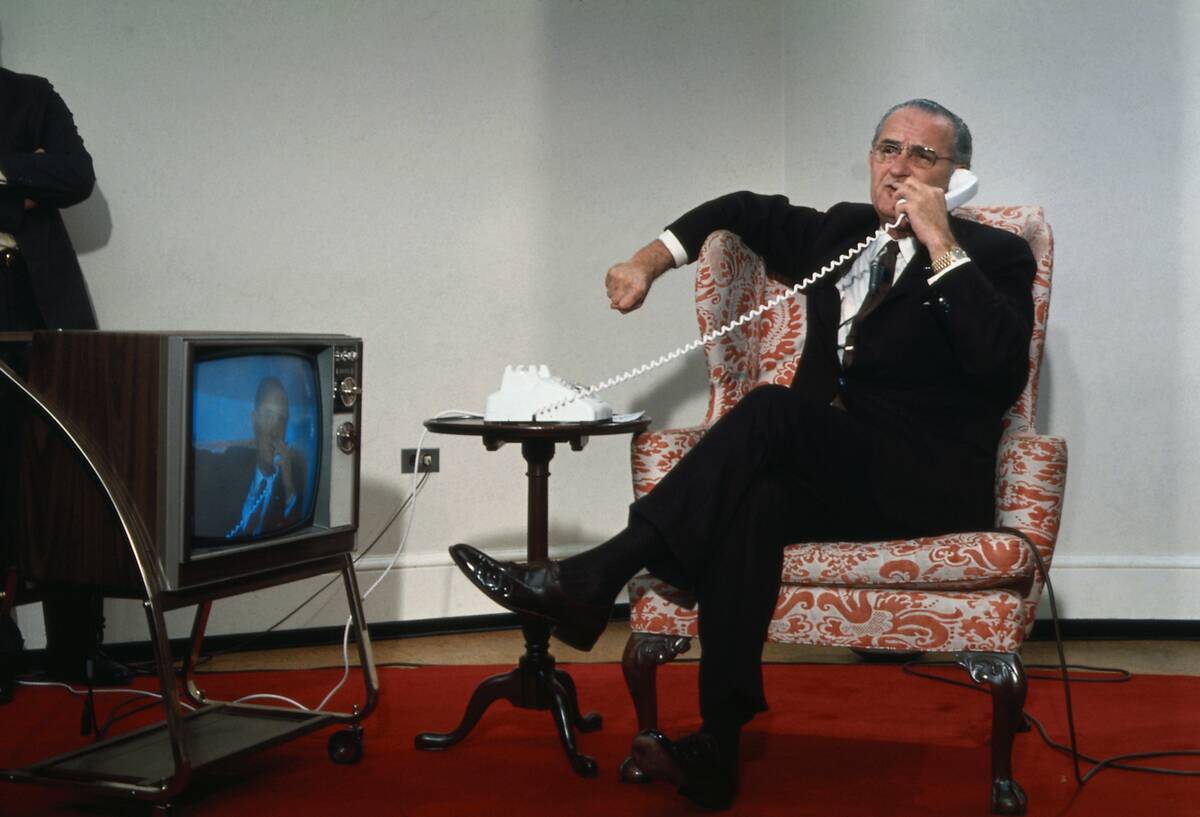
Similar to his predecessor, Johnson recorded many of his phone conversations during his presidency, providing a candid glimpse into his decision-making process. These tapes reveal his strategic thinking, political maneuvering, and personal interactions with key figures of the era. The recordings offer historians and the public a unique perspective on Johnson’s leadership style and the complexities of his administration, contributing to a deeper understanding of his presidency.
A Record Number of Vetoes
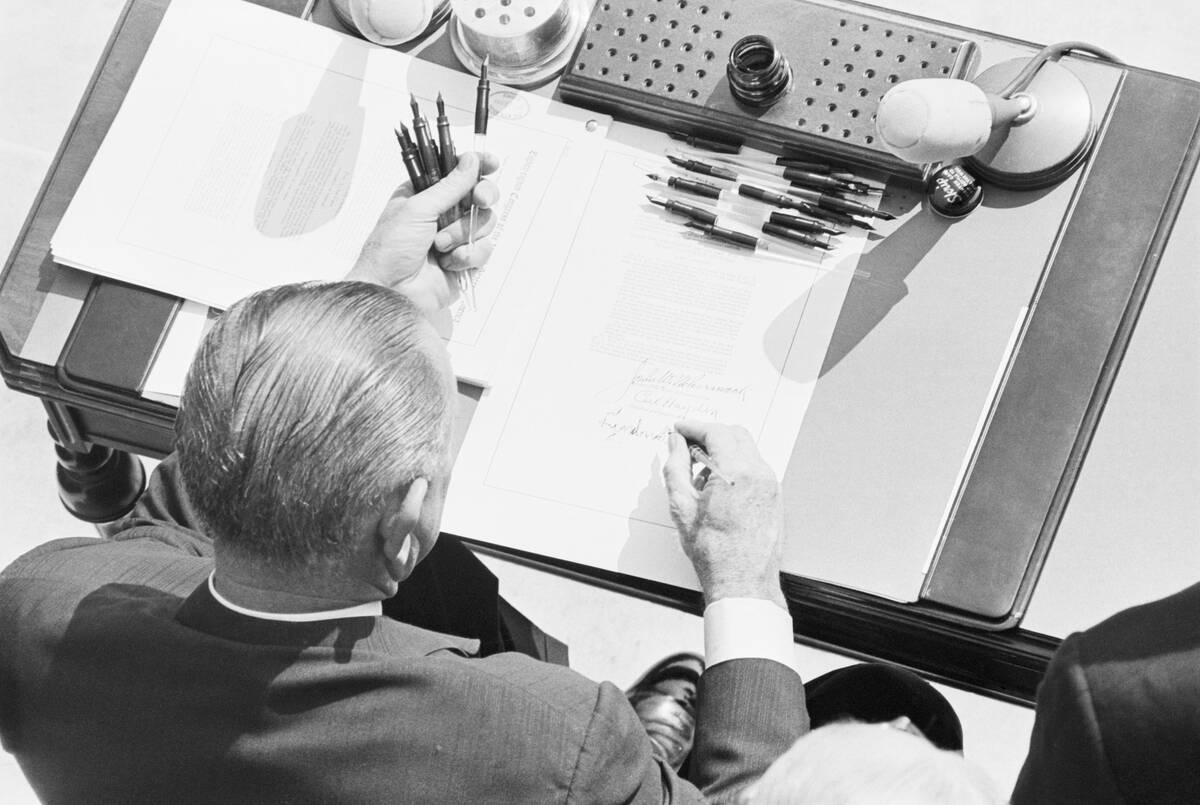
Johnson holds the record for the most vetoes issued by a U.S. president, exercising his veto power 30 times during his administration. This assertiveness demonstrated his willingness to challenge Congress and his commitment to his policy agenda. His frequent use of the veto was a testament to his strong convictions and his belief in the necessity of steering the nation in the direction he envisioned, even in the face of opposition.
The Controversial “Daisy” Ad
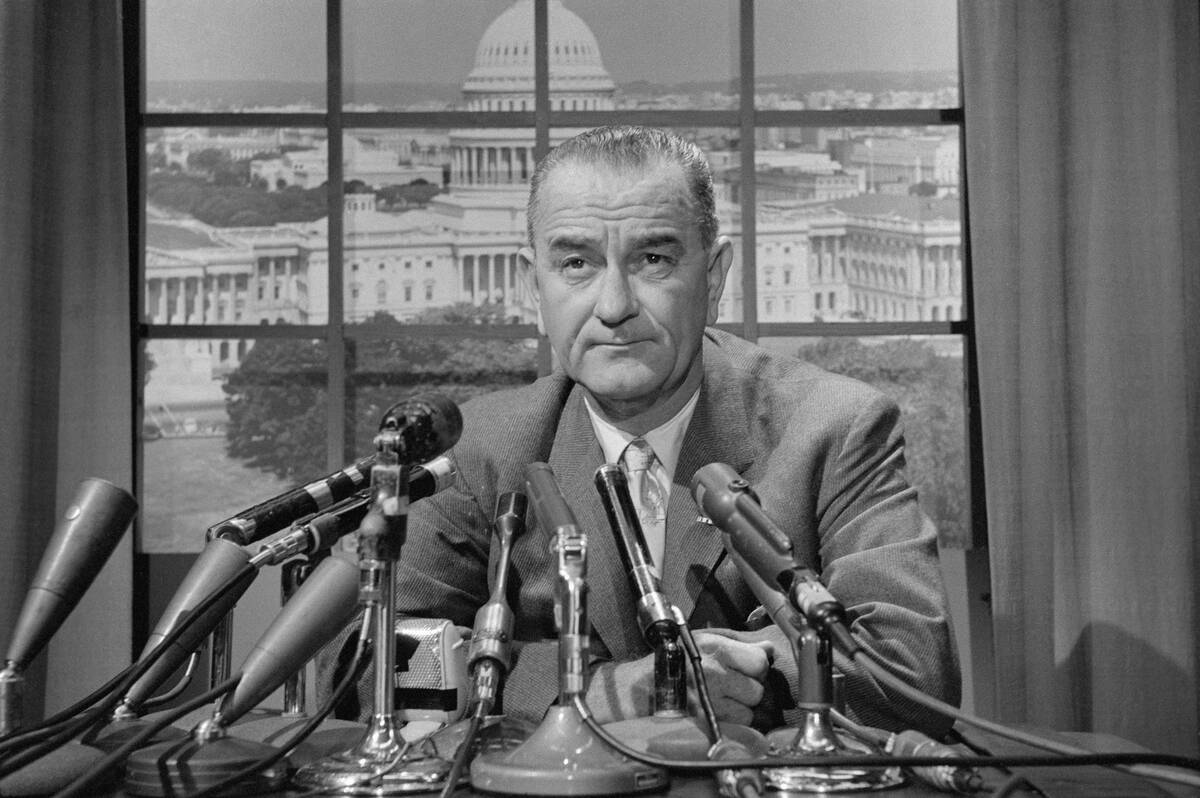
One of the most infamous political advertisements in history, the “Daisy” ad, aired during Johnson’s 1964 presidential campaign against Barry Goldwater. The ad featured a young girl counting petals on a daisy, followed by a nuclear explosion, implying that Goldwater’s policies could lead to nuclear war. Though it aired only once, the ad had a profound impact, highlighting Johnson’s strategic use of media to influence public perception and win the election.
His Passion for Education Reform
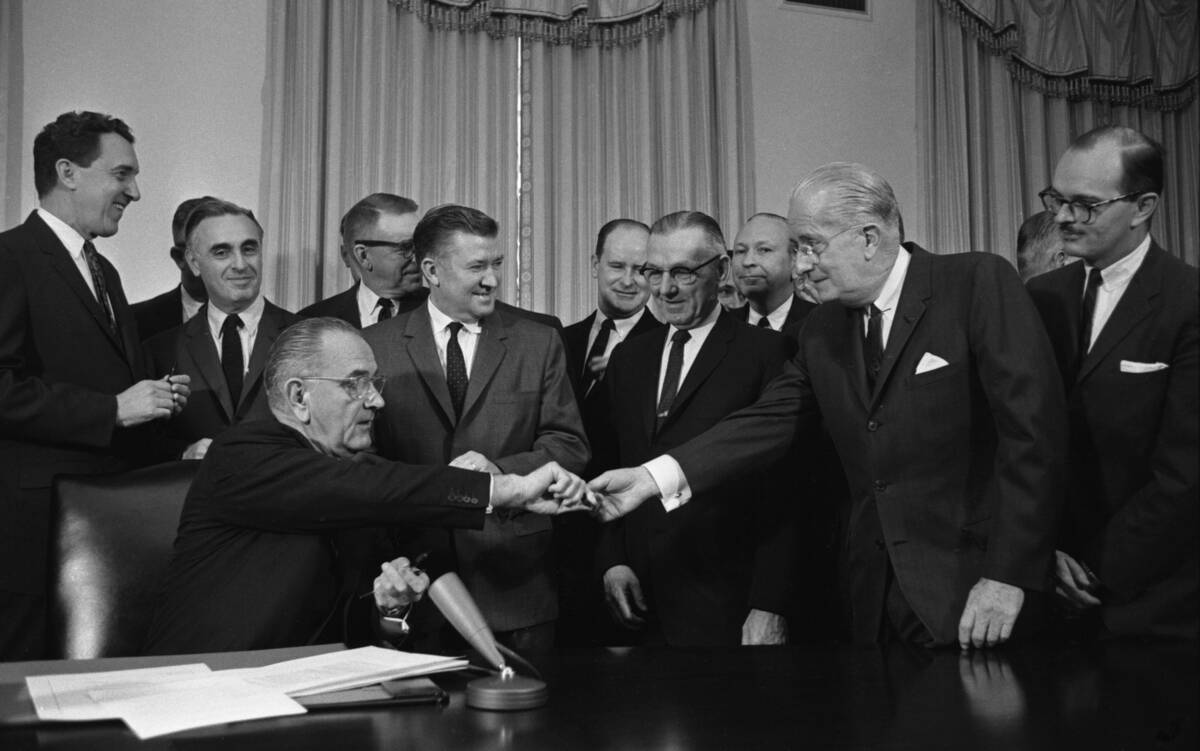
Education reform was a cornerstone of Johnson’s domestic policy agenda. He believed that education was the key to unlocking opportunities and reducing poverty. The Elementary and Secondary Education Act of 1965 was a landmark achievement, providing federal funding to improve education quality and accessibility. Johnson’s dedication to education reform was rooted in his own experiences as a teacher, driving his efforts to create a more equitable education system for future generations.
Johnson’s Ranch: A Presidential Retreat
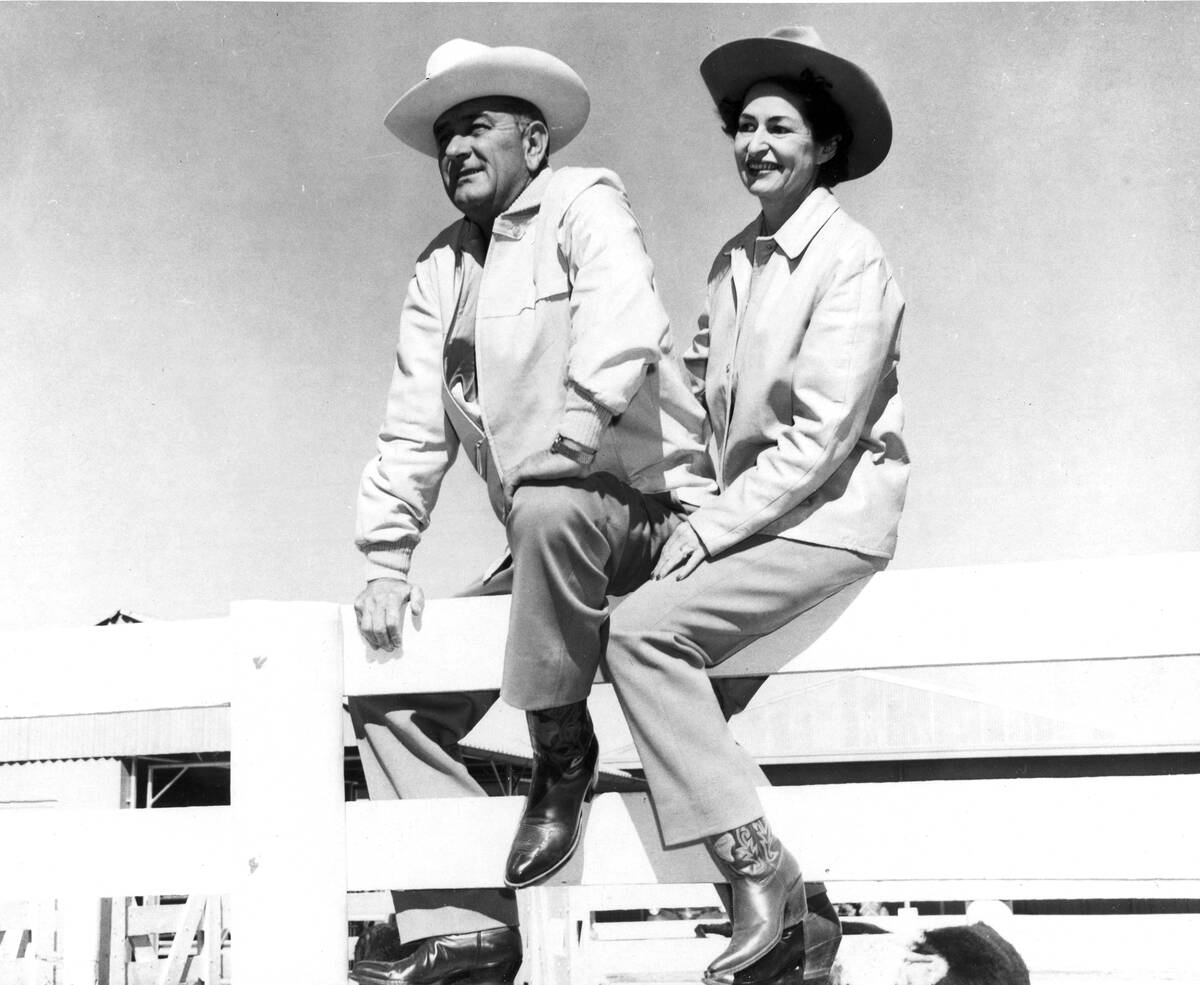
The LBJ Ranch, also known as the “Texas White House,” served as a retreat for Johnson during his presidency. Located in the picturesque Texas Hill Country, the ranch was a place where he could relax and entertain guests. It was here that Johnson conducted official business, blending the tranquility of the countryside with the demands of leadership. The ranch remains a symbol of his connection to Texas and his desire for a more personal approach to governing.
The Secretive Nature of His Health Issues
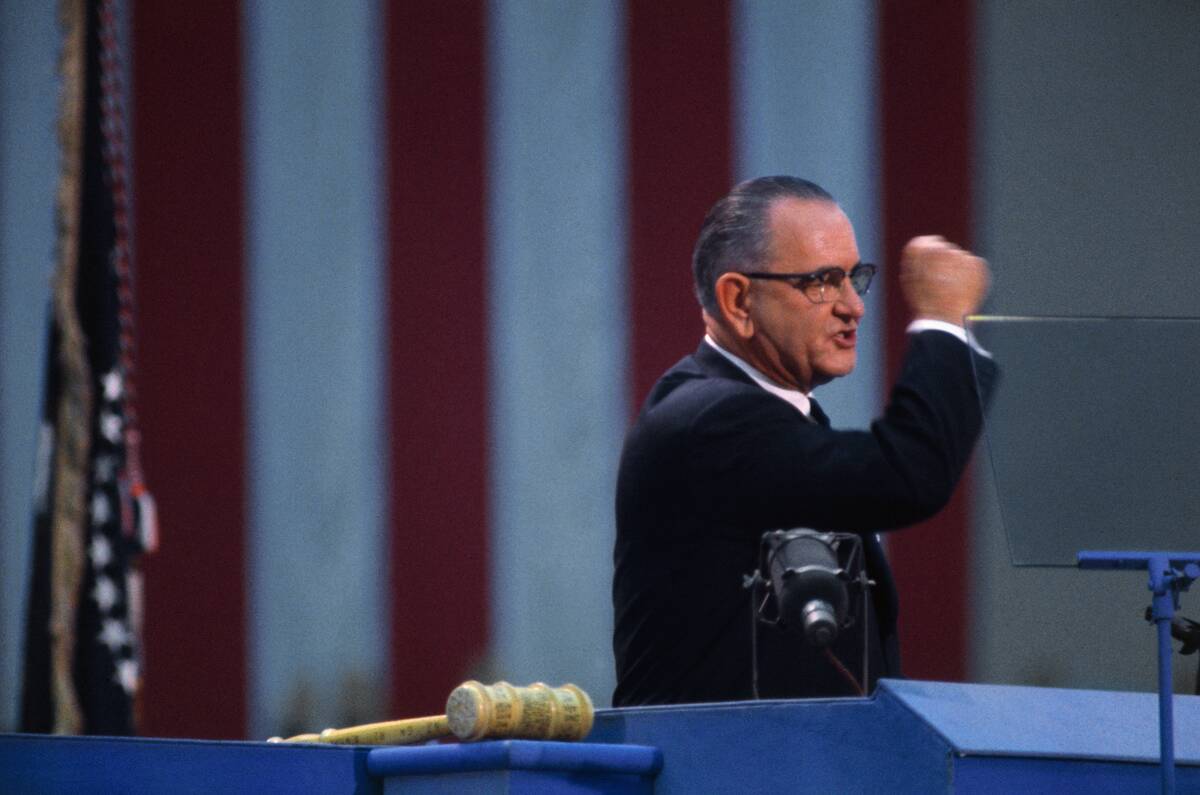
Throughout his life, Johnson faced numerous health challenges, including heart problems that were largely kept from the public eye. His health issues were a closely guarded secret, reflecting the era’s broader tendency to shield presidential health from public scrutiny. Despite these challenges, Johnson remained a dynamic and active leader, determined to fulfill his responsibilities while maintaining the image of robust health and vitality.
Johnson’s Unique Sense of Humor
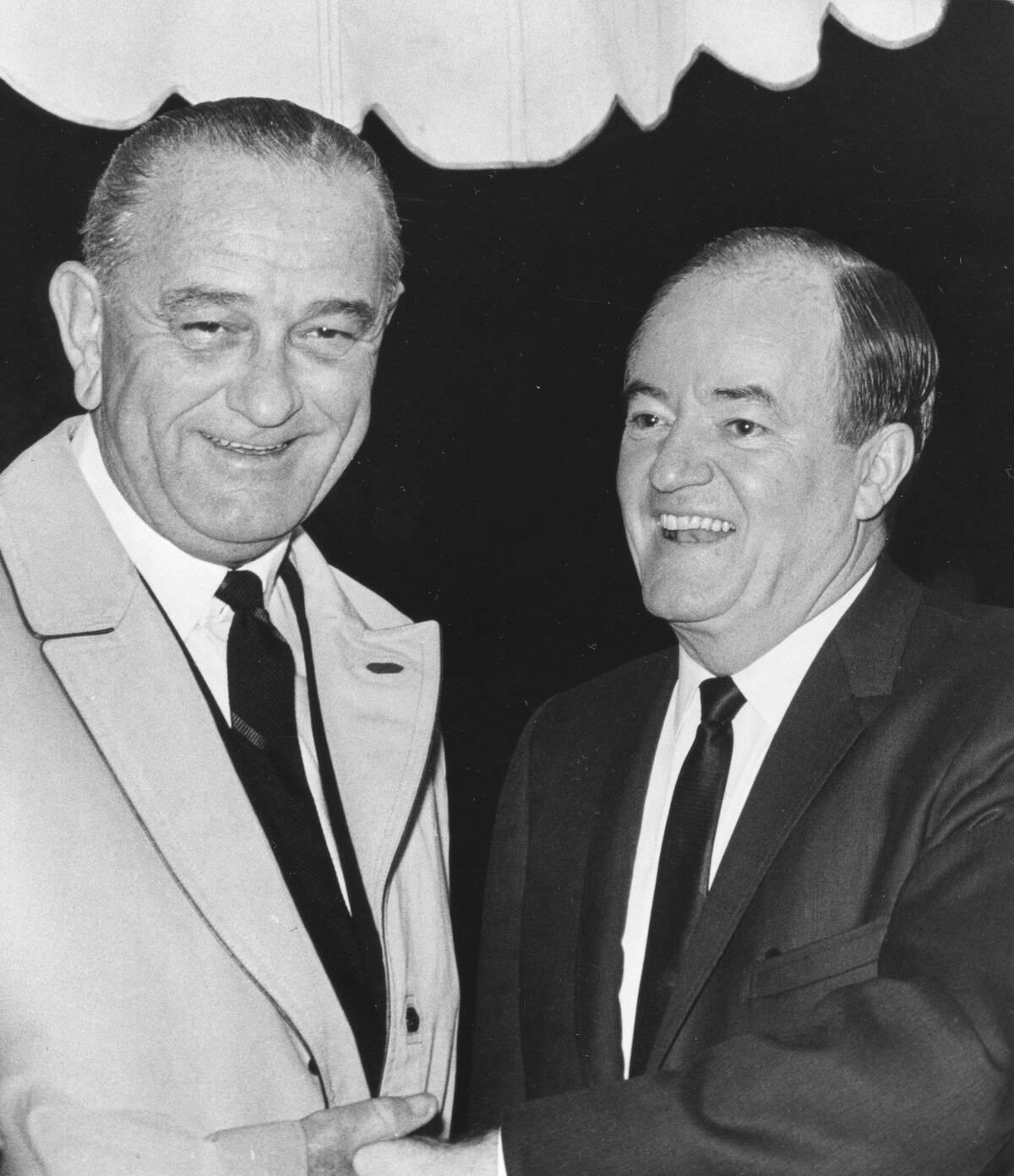
LBJ was known for his earthy sense of humor, often using it as a tool to disarm opponents and endear himself to others. His jokes and stories, while sometimes off-color, revealed a man who didn’t take himself too seriously. Johnson’s humor was a reflection of his personable nature and his ability to connect with people from all walks of life, further enhancing his reputation as a charismatic and relatable leader.
A Legacy Beyond the Vietnam War
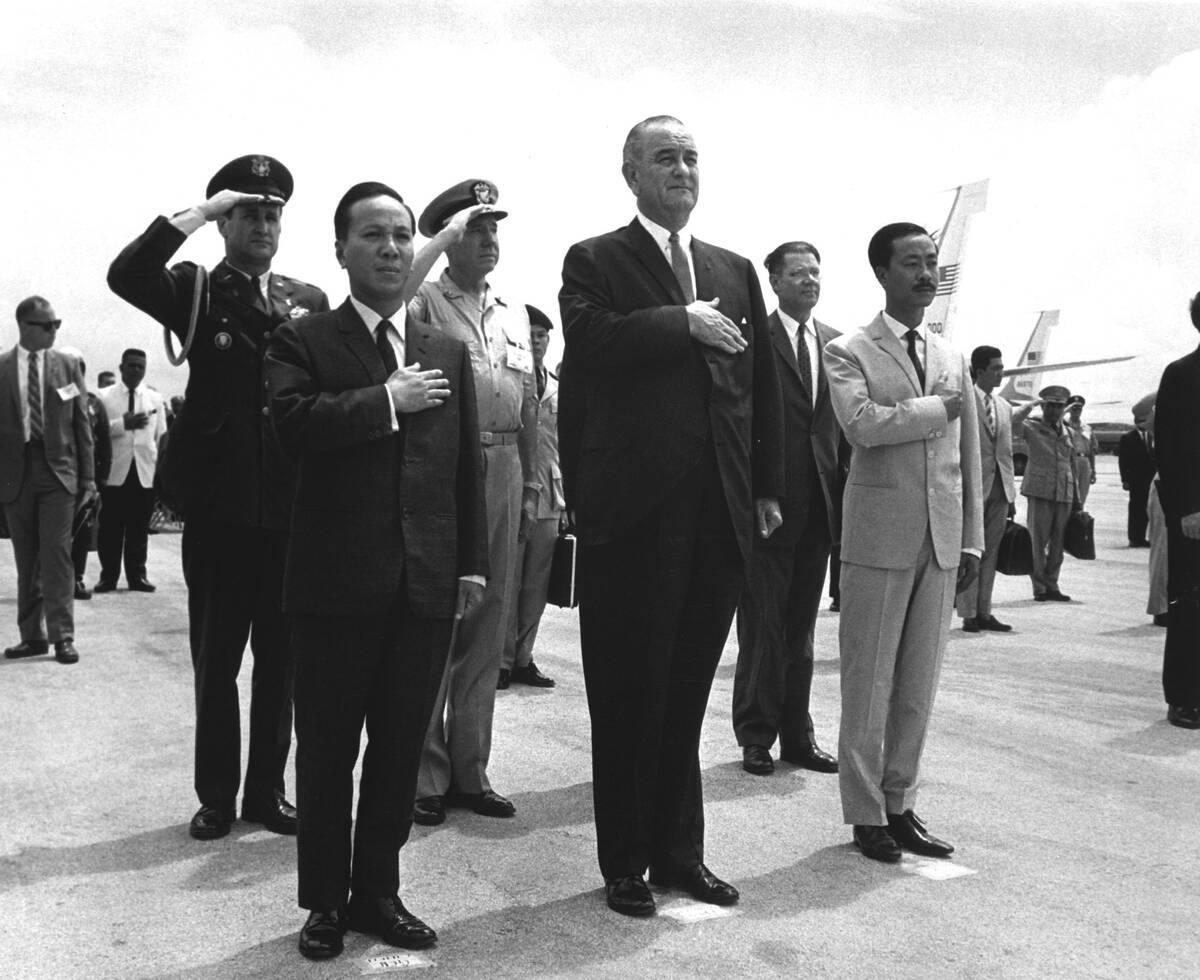
While the Vietnam War often overshadows Johnson’s presidency, his legacy extends far beyond the conflict. His domestic policies laid the groundwork for significant social and economic changes in the United States. From advancing civil rights to expanding social safety nets, Johnson’s contributions have had a lasting impact on American society. Despite the controversies, his vision for a “Great Society” continues to influence discussions on social justice and equity today.
The Complex Legacy of LBJ

Lyndon B. Johnson’s legacy is a tapestry of achievements and controversies, reflecting the complexity of his character and presidency. While his tenure was marked by significant strides in civil rights and social reform, it was also overshadowed by the Vietnam War. Johnson’s multifaceted personality, from his humor and charm to his strategic mind, continues to fascinate historians and the public alike. His story is a reminder of the enduring impact one leader can have on a nation’s history.



